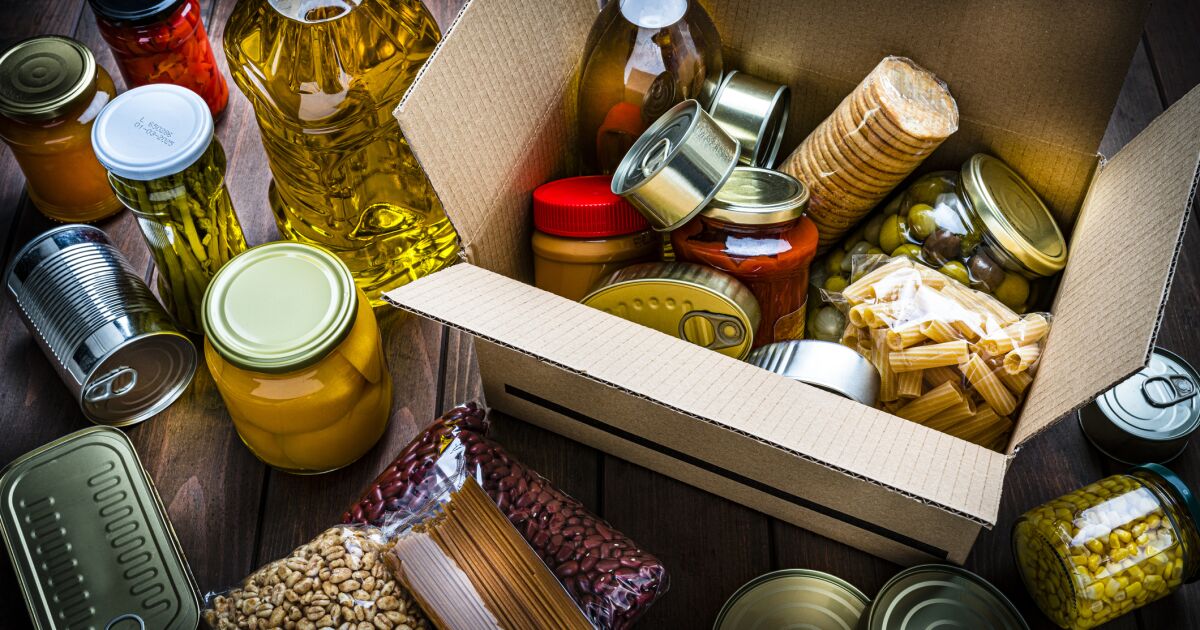The February figure was earlier at 140.7, which was a record at the time.
Both Russia and Ukraine are major exporters of wheat, corn, barley and sunflower oil via the Black Sea, and Moscow’s six-week invasion of its neighbor has crippled Ukrainian exports.
The FAO warned last month that food prices could rise by up to 20% as a result of the conflict in Ukraine, causing malnutrition to rise around the world.
The agency’s cereal price index rose 17% in March to a record, as did that of vegetable oils, which soared 23%.
The disruption to supplies from the Black Sea region has exacerbated a surge in food prices, which were already hitting 10-year highs, according to the FAO index, before the war in Ukraine due to global harvest problems.
The values of sugar and dairy products also increased strongly last month, according to the FAO.
The agency on Friday also cut its estimate for global wheat production in 2022 to 784 million tonnes, from last month’s forecast of 790 million, taking into account the possibility that at least 20% of the winter acreage of Ukraine.
Likewise, it lowered its forecast for world cereal trade in the 2021/22 season, considering that the interruption in exports from the Black Sea would only be partially offset by the increase in exports from India, the European Union, Argentina and the United States.












![[En fotos] After beating La Equidad, Millonarios regained the leadership of the BetPlay League [En fotos] After beating La Equidad, Millonarios regained the leadership of the BetPlay League](https://latin-american.news/wp-content/uploads/2022/04/En-fotos-After-beating-La-Equidad-Millonarios-regained-the-leadership-1024x617.jpg)




